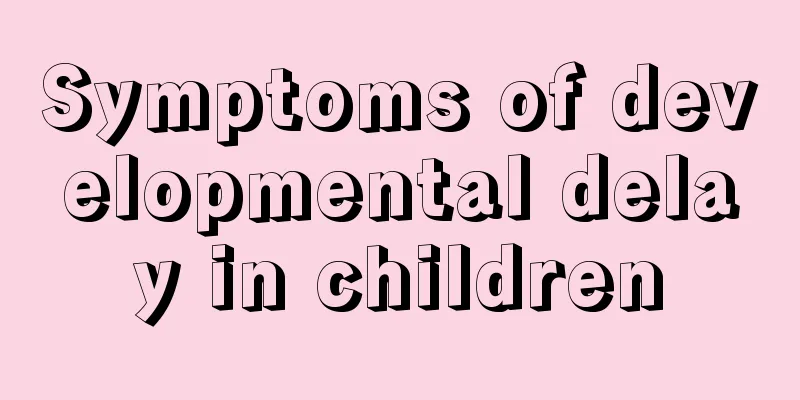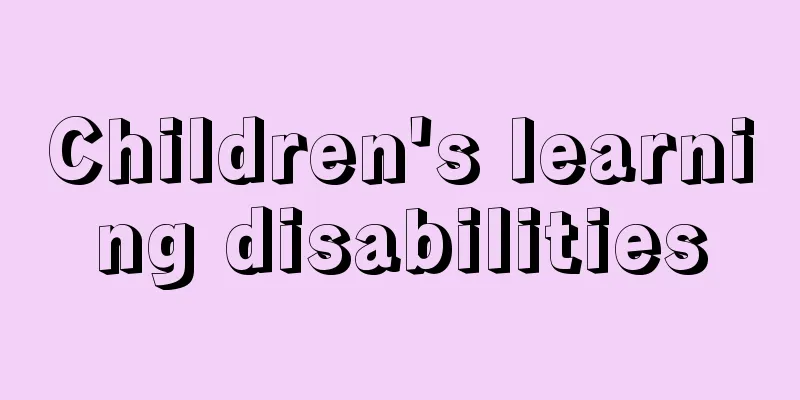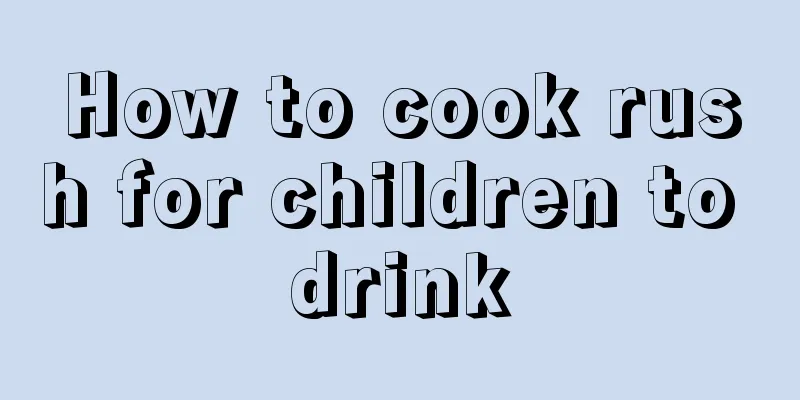What should parents do if their children are depressed

|
According to relevant surveys, 2 out of every 100 students suffer from depression and anxiety, and 20 students have had suicidal thoughts. Students have heavy academic burdens, great mental pressure, and are psychologically fragile. In addition, some children are introverted and are unwilling to confide in their family, teachers, and classmates about certain things. These factors may cause these children to suffer from depression. If adults notice that their children have certain emotional problems, they must pay attention to them in a timely manner.
More than half of children with early-stage depression will seek help from their mothers, and about 30% will seek help from their fathers. If the young patients encounter difficulties in seeking help, children with depressive tendencies will be more likely to isolate themselves. Parents should pay special attention to their children's requests for help. Don't jump to conclusions. Listen to your child's ideas, help him analyze the situation, and decide how to deal with it after finding out the truth of the matter. Eating alone with your child, taking a walk after dinner, taking a short trip, etc. are all good ways to get into your child's heart. Parents need to be reminded that if they are unable to regulate their children's depression, they need to consult a counselor or psychologist to resolve the issue.
When children show depressive tendencies, parents should treat them equally and respect them. Some children will become depressed after doing something wrong or experiencing a few failures, especially depressed children. If encountering this situation, parents must treat their children's mistakes and failures calmly, use appropriate educational methods, and patiently inspire and guide them. Never blindly blame others, otherwise it will easily make the child feel depressed. When a child is unwilling to participate in certain activities, the parents' task is not to urge him to do it or scare him, but to consciously guide him to avoid experiencing misfortune and harm. Parents should give scientific explanations to children's concerns and try to eliminate their worries as soon as possible. 3. Learn to listen to your children As parents, we also need to learn to listen. Listening not only helps you truly understand people, but also helps the person speaking to release their inner depression and eliminate their worries. As parents, when your children are nervous, uneasy, or depressed, you might as well try to listen patiently, so that your children feel that their parents understand them, which will make them feel comforted and relieve their tension.
In normal times, parents should also pay attention to creating a relaxed atmosphere at home, and parents should often tell jokes and talk about interesting things. Of course, parents can also intentionally use some techniques to eliminate distress. For example, when they are unhappy, they can listen to beautiful music, go for a walk outside, talk to others about their concerns, etc. These can all eliminate depression. If parents are good at using various methods to eliminate distress in life, then when the child is unhappy, he will also imitate his parents and use certain methods to relieve bad emotions. |
<<: Eight-month-old baby tosses and turns during sleep
>>: How to educate a baby who is almost two years old
Recommend
How to educate naughty children
It is the nature of children to love playing, so ...
Three month old baby is constipated and farts
Some three-month-old babies suffer from constipat...
What should I do if my child has anemia?
What to do if a child of one and a half weeks old...
What should I do if my child has a fever of 405 degrees?
Children in their early childhood have relatively...
Reasons why children wet the bed at night
It is quite common for children to wet the bed at...
Can children eat beef when they have a fever?
If we talk about what disease is the most common ...
What should I do if my child’s nose is swollen?
Parents all know that as long as children are hea...
Why does my child have a low fever at night but not during the day?
It is very common for children to have a fever, e...
What are the common sense of children's health care
Health preservation is very common nowadays. Ther...
What to do if your child has a red butt
Red buttocks is a common condition among babies. ...
What are the symptoms of hypoglycemia in children?
Some children suffer from hypoglycemia. It should...
Clinical manifestations and treatment of ventricular septal defect in babies
Ventricular septal defect is a common congenital ...
What to do if your child's throat is red and swollen
When the baby grows up, he or she starts to speak...
What whole grains are good for children?
Because babies have the burden of digestive intes...
Why is the newborn blowing bubbles from his mouth?
If you have a baby at home, you can often see the...









